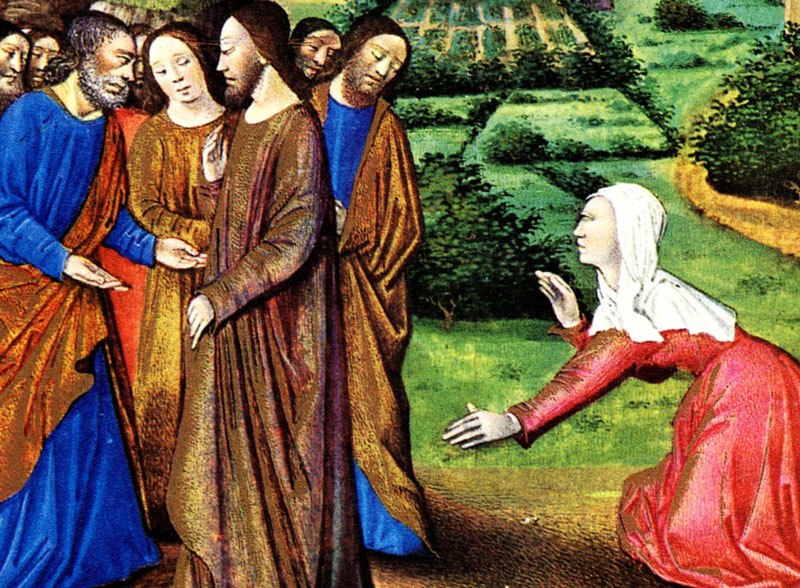Speaking now as a preacher, there was a time when I’d have avoided like the plague the theme of this Sunday’s Second Reading.
St Paul gets straight to the point, so I’ll let him speak for himself:
The body is not mean for fornication; it is for the Lord, and the Lord for the body.
A homily about chastity and holy purity? Pass!
But I was ordained a deacon in late 2010, which means I’ve been preaching most Sundays for over four years now. I guess I’m wary of repeating past homilies. Hence my willingness to dive into the subject this week.
A homily on chastity is not the easiest task. Chastity takes many different forms. Chastity in the celibate life looks very different to chastity in marriage. And in the single life, it’s different again. Hence, at a parish Sunday Mass, one speak only generally about chastity . . .
Why chastity resembles dance
Let’s begin with what chastity is not.
Chastity is not the first virtue in the Christian life, nor the most important. Holiness can’t be reduced to chastity.
Chastity is not renunciation. It’s not about suppressing desire. In fact, it’s about harmonising desire with reason.
Chastity is like a dance, which brings the body in harmony with music. That’s not a bad analogy, since dancing and chastity both require struggle and effort.
We all know that music impacts dance. Music needs to suit the dance it accompanies. Imagine a dancing student who tries to waltz to heavy metal. Frustration is guaranteed. But it would foolish for the student to condemn the waltz as a no-good dance. Instead, they need to change the music to something more suited to waltzing. Once the right music is playing, time and effort will ensure that the steps of the waltz eventually harmonise the movement of body and the sound of music.
In the same way, it is foolish to condemn chastity — to call it impossible, or unattainable, or unnatural — if the wrong music is playing. But that’s what the world does. Our culture is sex-obsessed. And it’s usually the very people who most obsess about sex who scoff at chastity. That’s like Led Zeppelin telling their fans that the waltz is impossible to dance. Very true — until you change the music.
For many people, chastity is very difficult to attain. But the greater part of its difficulty doesn’t lie so much in the intensity of desire. The problem is that carnal desire is constantly being aroused by our modern culture. The wrong music is playing, which makes chastity much harder to live.
Therefore, we must pray for the conviction that chastity and holy purity can be lived. If a person’s experiences give them cause to doubt this, maybe some spiritual direction is in order. Sometimes problems arise because they have never been spoken about in depth.
In any event, let’s remember that chastity isn’t about renunciation. Chastity is about harmony. Not sitting on the sidelines, but dancing with poise and grace.
In terms of our faith, chastity enables us to love God more. It integrates body and soul, and expands our earthbound horizons.






Recent Comments